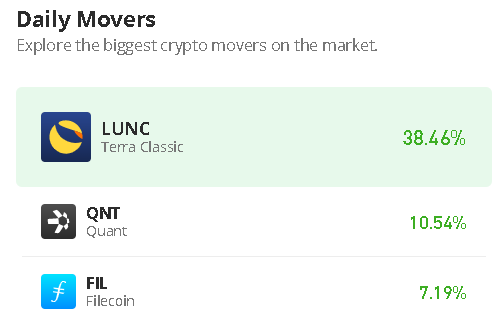Stanford University’s information technology community produced, and then hid, a document entitled “Elimination of Harmful Language Initiative.” Stanford didn’t adopt the EOHLI document. The fact that Stanford has not directly rejected this document and the ideas expressed within it, however, strongly suggests that this widely ridiculed document aligns with some deep-seated views pervading the campus. As two people with ties to Stanford, we will explain, using techniques and principles that Stanford used to champion, why this document is so wrong.
Some people criticize the document because they see it as a means of exerting control over others. That may well be true. But dismissing any proposal by speculating about people’s motives is not a legitimate way to argue. People can support bad ideas based on bad or good motives, and good ideas based on bad or good motives. If you object to the ideas, you need to say why, not attack assumed motives. By providing reasons for their conclusions, the document’s authors implicitly claim that they are logical. So it makes sense to analyze their arguments. And when we do so, we find that their reasoning is faulty. The EOHLI document fails in the following ways: distinctions, costs/benefits, alternatives, and the big picture.
These are the opening paragraphs of David R. Henderson and Charles L. Hooper, “Stanford Fails to Master Clear Thinking,” American Institute for Economic Research, December 26, 2022. Charley and I drew on some of the principles for making good decisions that we laid out in our book, Making Great Decisions in Business and Life, Chicago Park Press, 2007.
An editor at another publication turned it down last week on the grounds that we were naive because we didn’t seem to understand the motives of those who push these bad ideas. That’s why we rewrote it to include the second paragraph above. Put yourself in the other person’s shoes. If you are attacked for your motives when you propose a policy and, moreover, when you’re attacked for those alleged motives by someone who doesn’t even know you, my guess is that it upsets you. It upsets me when it happens to me, one of the main reasons being that the person ascribing motives to me is almost always wrong.
For example, I was recently attacked my someone on email who claimed that my criticism of the FDA in another article was based on my financial incentive. I replied that the small amount I was paid to write that piece was hardly much of an incentive to change my view. But even if it had been a large number, that large number could explain why I wrote the piece but not the content of the piece. Moreover, the alleged payer, Big Pharma, was not a payer. The payer was a think tank that was strapped for cash.
Back to the article. Read the whole thing. It’s short.
















